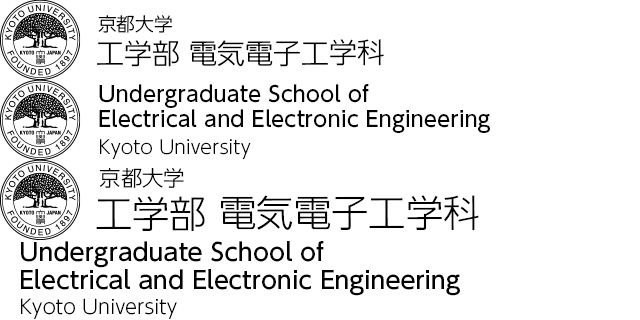Advanced Electrical Systems Theory
Advanced Mathematical and Information Sciences with Applications to Energy, Mobility, and Robotics
In the Chair of Advanced Electrical Systems Theory, we are conducting a wide range of research on advanced mathematical and information sciences and their applications to energy, mobility, and robotics, with a common focus on nonlinear systems and nonlinear dynamics. With analysis and synthesis as the two pillars of our research, our approach ranges from theory to experiments, numerical computations (simulation, data analysis, and algorithm development), and social demonstrations.
- Applied Mathematics, Data Science, and Information Science: Theory of Koopman operators (linear operators for nonlinear systems) and data-driven modeling; System control integrated with software engineering and formal methods; Discrete event modeling; Time series analysis
- Energy Systems and Mobility: Data-driven energy management systems and renewable energy; Dependable energy control systems and avionics; Mobility sharing and coordinated energy management systems; Energy management by power routing, Device design of all-solid-state batteries
- Control Applications and Robotics: Environmental adaptive robot gait control; Best-effort motor drive control
For more information on our recent activities, please visit our website below:
Academic Staff
- Yoshihiko SUSUKI [Associate Professor]
- Shiu MOCHIYAMA [Assistant Professor]
